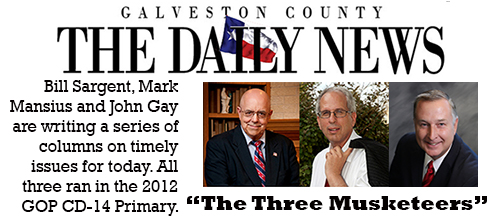


 Your Are Here: Home > News Columns > Normalizing Relations with Cuba?
Your Are Here: Home > News Columns > Normalizing Relations with Cuba?
| Last Week? The Grand Jury System Works | Next Week: What Freedom Demands of its Citizens | |

|
"Normalizing" Relations with Cuba? |
|
|
January 5, 2015 On December 17th the President announced plans to “normalize” relations with Cuba and opening a U.S. embassy in Havana. The effort, which was initially spearheaded by Secretary of State Hillary Clinton, also included a prisoner exchange -- Cuba traded an American contractor for three Cuban spies. For Cuba, the advantage of this deal is bringing in hard currency as its primary patrons (Russia/Venezuela) are facing a major economic downturns. The disadvantage to us is that the President’s actions will do little to bring democracy or economic freedom to the Cuban people – which was the intent of the embargo in the first place. There’re a number of questions worth considering in the wake of the President’s unilateral actions.
Are we in favor of normalizing relations with Cuba? Yes, but only under certain circumstances. First, any recognition of the Cuban government needs to be tied to assurances that its people will be given the freedoms and liberties spelled out in the Helms-Burton Act. Second, we don’t have a problem with American business interests – including the Port of Galveston – profiting from improved relations with Cuba but we would like to see the benefits of the normalization flowing to the average Cuban, not its communist leaders. Embedded in Helms-Burton is a provision giving the Congress (House and Senate) the authority to override any Administration actions to recognize Cuba. We encourage the Congress to exercise this authority until a better deal that helps the average Cuban is negotiated. Bill, Mark and John
| ||